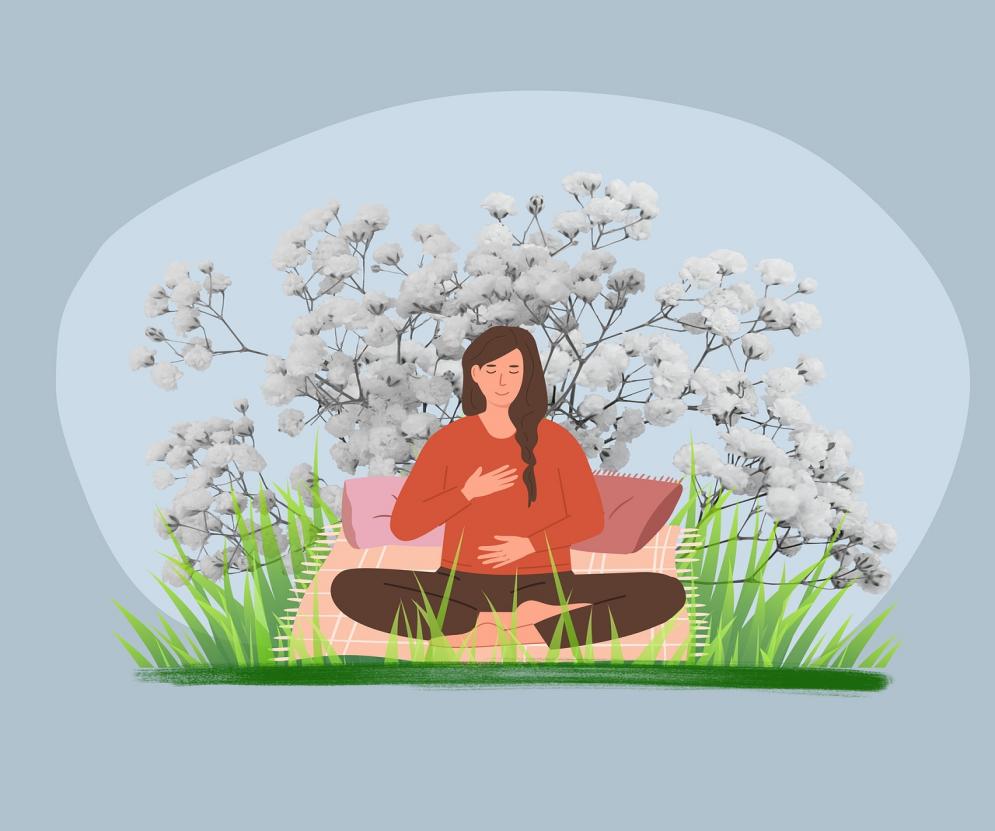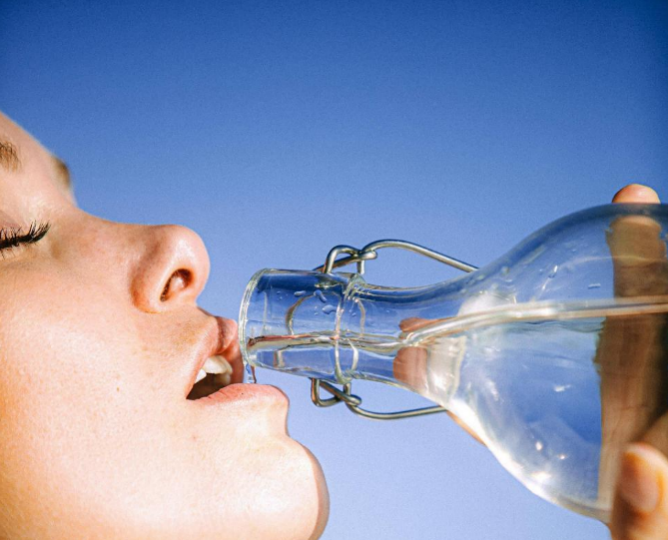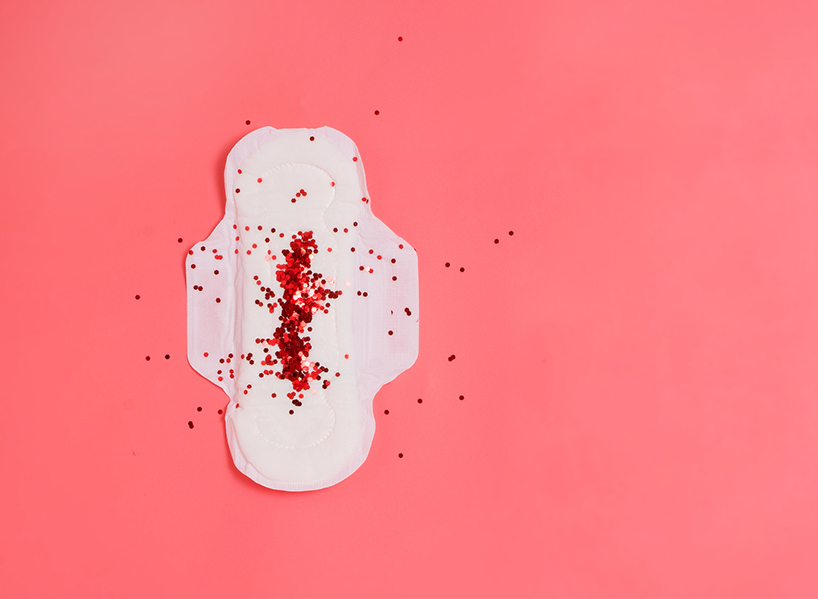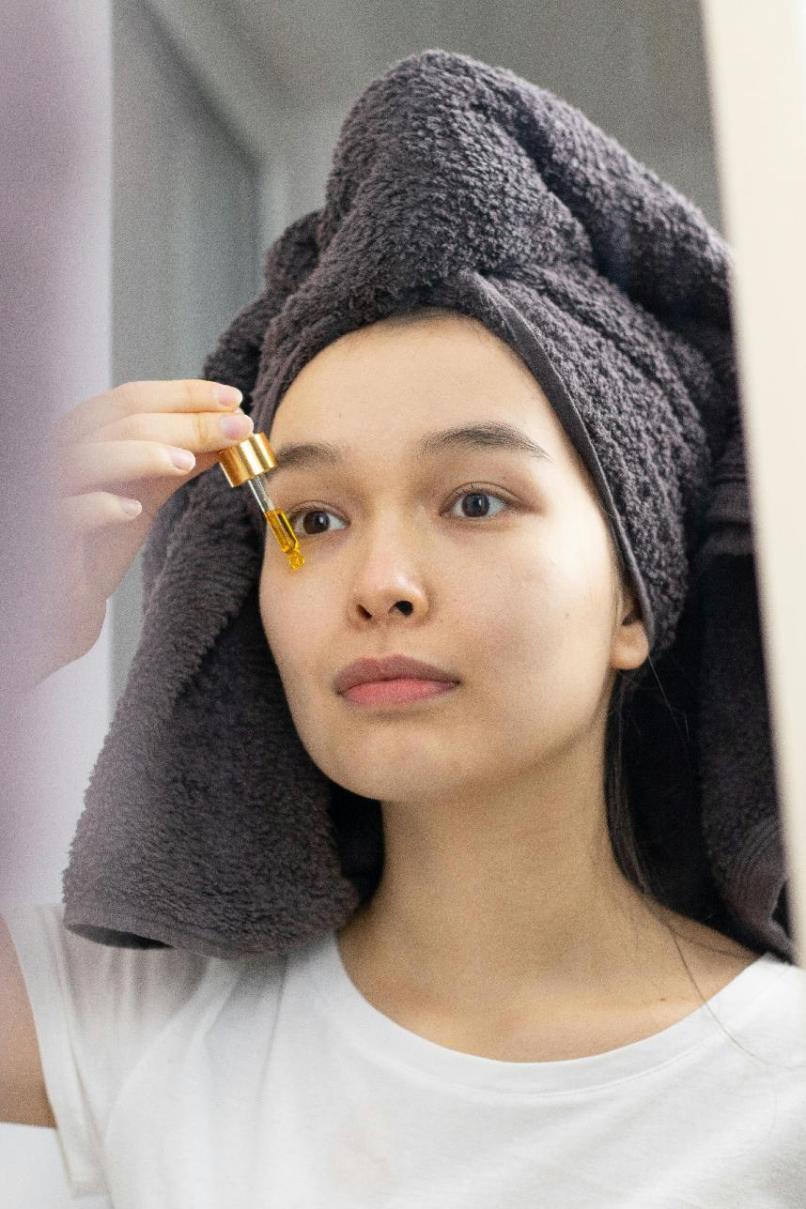In the wave of health trends in modern society, concepts such as fasting detox, nutrient supplementation, and excessive exercise abound. Beneath what appears to be a scientific packaging lies a neglect of the natural laws of life. For the Chinese, who deeply understand the unity of heaven and man, true health cultivation does not rely on external interventions but rather on building a lifestyle that resonates with the rhythms of nature. This wisdom opposes extremism and artificiality, emphasizing the protection of life’s essence and the harmonious co-existence of body and mind in daily life.

Emotion: The Art of Balancing Life Energy
Emotions serve as a “barometer” for the circulation of qi and blood. Traditional health preservation believes that excessive emotions can harm the organs: excessive anger harms the liver, excessive joy harms the heart, worry and overthinking harm the spleen, sadness harms the lungs, and fear harms the kidneys. Modern medicine also confirms that long-term emotional imbalance can lead to problems such as high blood pressure, indigestion, and decreased immunity, and both perspectives essentially arrive at the same conclusion. The emotional plight of modern people stems from the blind pursuit of efficiency—workplace anxiety, social pressure, and information overload bind the mind like shackles, leading to disordered circulation of qi and blood.
True emotional management lies in maintaining balance in dynamics. It is neither suppression nor indulgence, but a natural flow akin to the changing of the seasons: the vitality of spring, the fervor of summer, the tranquility of autumn, and the introspection of winter; each emotion has its significance. Ancients used music, chess, calligraphy, and painting to regulate emotions, utilizing the immersive nature of art to allow the mind to return to tranquility through concentration. Modern individuals need to learn to “leave space”: taking timely breaks at work, maintaining interests in life, allowing emotions to flow like streams without stagnation, nourishing internal organs in a state of calm. Being overly attached to certain emotions (like prolonged anxiety or rage) is akin to floodwaters breaching a dam, ultimately leading to disorder in organ function. Only by accepting the natural ups and downs of emotions and guiding them can one maintain the internal balance of life energy.

Daily Routine: The Life Rhythm of Day and Night
The human biological clock is closely tied to the sun's movement, and the wisdom of survival formed over millions of years is encapsulated in “work at sunrise and rest at sunset.” The lights and nightlife of modern society disrupt this rhythm, hindering liver detoxification (from 11 pm to 3 am) and depleting the kidneys, leading to metabolic disruption and decreased immunity. Traditional Chinese medicine emphasizes that nighttime is a period of yin energy cultivation and yang energy consolidation, akin to fallow land and rivers returning to the sea; the body needs deep sleep for self-repair. Long-term late nights are equivalent to making internal organs “work overtime,” ultimately leading to insufficient qi and blood production, resulting in myriad ailments.

The key to aligning with the daily routine lies in establishing a stable rhythm: maintaining fixed sleep and wake times to develop conditioned responses; adjusting with the seasons—spring growth, summer flourishing, autumn harvesting, and winter storage—for instance, going to bed early in winter to conserve yang energy and staying up late in summer to cope with heat. Modern individuals should reduce dependence on electronic devices and let natural light guide their routines, syncing the body with the cycle of day and night, much like plants grow towards the sun, replenishing energy through natural rhythms. Opening windows to welcome morning light upon waking and putting down phones to align with dusk at night are lifestyle choices that can return the body’s “internal clock” to normal, fundamentally improving sleep quality and overall function.





